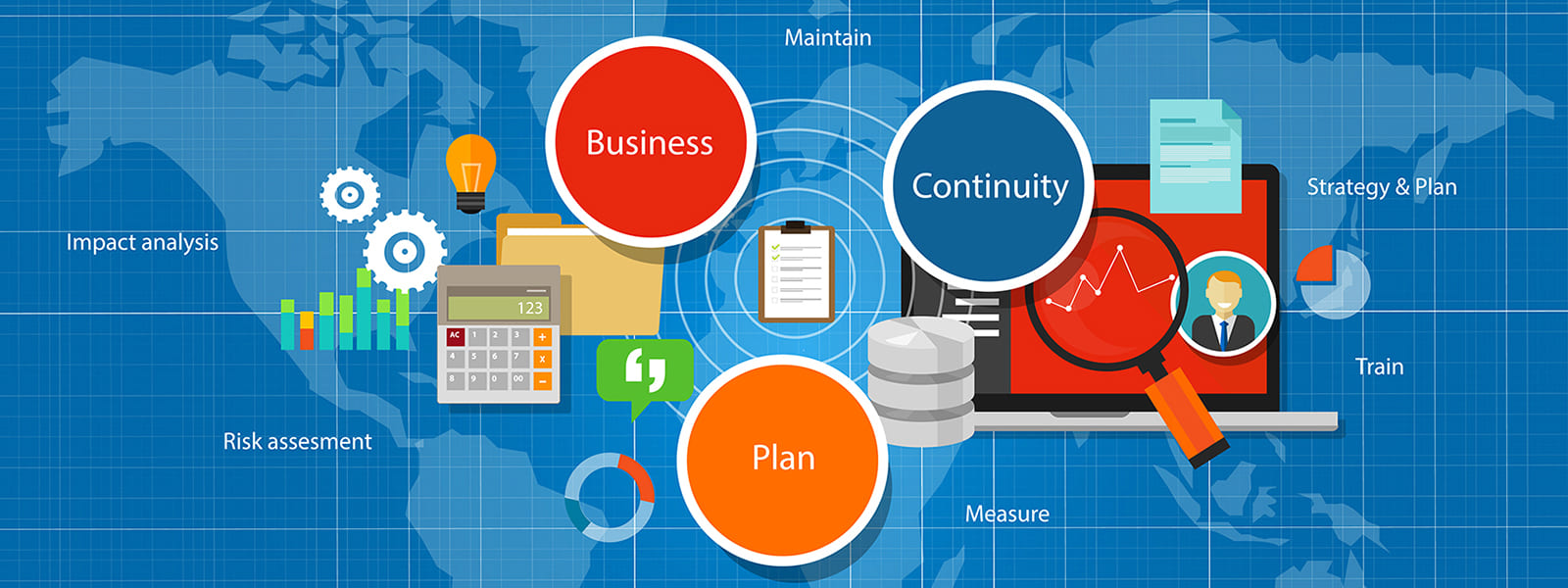Optimizing Business Continuity with Proactive IT Services

In today’s fast-paced digital landscape, businesses must be prepared for disruptions that can arise from cyber threats, hardware failures, natural disasters, or even human errors. Business continuity is the ability of an organization to maintain critical operations during unexpected disruptions. To achieve this, companies need a proactive IT strategy that ensures minimal downtime, protects data, and keeps systems running smoothly.
Proactive IT services play a crucial role in preventing issues before they escalate, allowing businesses to stay resilient and competitive. Instead of reacting to problems after they occur, proactive IT services anticipate, detect, and resolve issues in real-time to ensure seamless business operations.
The Importance of Business Continuity
Downtime and system failures can have severe consequences, including:
- Revenue loss due to interrupted operations
- Reputational damage from poor customer experiences
- Data loss that can compromise security and compliance
- Reduced productivity for employees and stakeholders
A solid business continuity plan, powered by proactive IT services, helps businesses mitigate risks and maintain operational stability.
How Proactive IT Services Enhance Business Continuity
1. Continuous System Monitoring and Early Issue Detection
Proactive IT services use real-time monitoring to identify potential problems before they disrupt operations. IT teams track:
- Network performance and server health
- Security vulnerabilities and threats
- Software and hardware status
2. Automated Maintenance and Updates
Outdated software and unpatched vulnerabilities are common causes of system failures. Proactive IT services ensure:
- Regular software updates and security patches
- Automated backups for critical data
- Performance optimizations to prevent slowdowns
3. Cybersecurity Measures for Threat Prevention
Cyber threats, including ransomware, phishing, and DDoS attacks, can compromise business continuity. A proactive IT approach includes:
- AI-powered threat detection and response
- Firewalls, encryption, and endpoint security
- Employee training on cybersecurity best practices
4. IT Support and Rapid Response Strategies
A proactive IT team provides:
- 24/7 support to address technical issues immediately
- Incident response teams to resolve emergencies quickly
- Strategic IT planning to align with business goals
Conclusion
In the modern business environment, continuity is non-negotiable. Companies that embrace proactive IT services are better equipped to handle disruptions, safeguard their data, and maintain seamless operations.
By investing in real-time monitoring, cybersecurity, cloud solutions, and disaster recovery, businesses can prevent costly downtime and stay ahead of potential threats. Ultimately, a proactive IT approach ensures long-term stability, allowing organizations to focus on growth, innovation, and customer satisfaction.